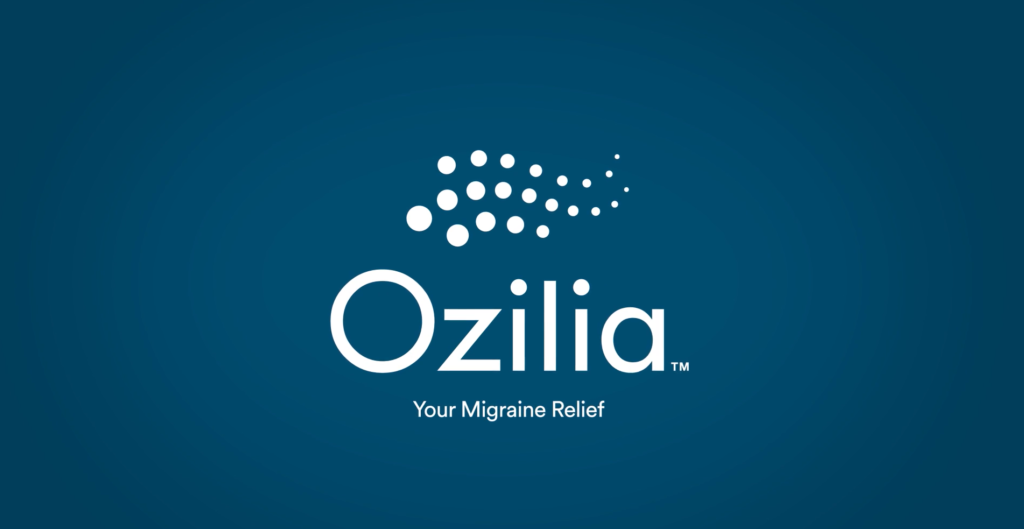The highly esteemed scientific journal Neurology has published the scientific article on Chordate Medical’s pivotal PM007 registration study on preventive neurostimulation treatment for chronic migraine.
“This publication confirms that the medical efficacy of the Ozilia treatment is on par with conventional drug-based alternatives for the preventive treatment of chronic migraine, a market estimated at approximately USD 8 billion in sales globally, with strong growth,” says Anders Weilandt, CEO of Chordate.
The publication signifies that the article and the study’s results have undergone a peer review by an independent expert panel. The journal’s review has given the study’s methodology and results the highest classification, Class I, as evidence that intranasal kinetic oscillation stimulation is associated with a reduced number of headache days per month in patients with chronic migraine.
In the article, the authors write about Ozilia (formerly K.O.S):
“The Chordate System provides significant benefits to patients with Chronic Migraine by reducing the number of Monthly Headache Days. The nonpharmacologic nature of the treatment option positions K.O.S as a valuable addition to the current therapeutic portfolio for the management of Chronic Migraine.”
The article, titled “Kinetic Oscillation Stimulation for the preventive treatment of chronic migraine – a randomized, double-blind, sham-controlled trial,” reports that the primary efficacy measure in the PM007 study demonstrated a significantly greater reduction in average monthly headache days (MHD) during the measurement period with active treatment (-3.5 days, n=67) compared to sham/placebo treatment (-1.2 days, n=65, p=0.0132). Compared to the sham treatment, active treatment also consistently resulted in a significant reduction in MHD during the follow-up period (-2.7 days [-4.3; -1.0, p=0.0014]). Similarly, the key secondary efficacy measure, average monthly migraine days (MMD), showed a significant reduction during both the measurement period (-2.4 days [-4.1; -0.7, p=0.0048]) and the follow-up period (-2.9 days [-4.5; -1.2, p=0.0008]).
“It is rare for medical technology in a clinical study to demonstrate this level of clarity and significance, and the importance of this publication for the company’s value can hardly be overstated,” says Anders Weilandt.
The PM007 study was registered on clinicaltrials.gov (NCT03400059) on January 17, 2018. The first patient was recruited on March 22, 2018, and the last patient completed the study on October 1, 2022. Five clinics in Germany and four in Finland recruited the study’s 132 patients, all diagnosed with chronic migraine. Half of the patients were randomized to active Ozilia treatment, while the other half received sham/placebo treatment. No treatment-related serious adverse events were observed.
Patients are diagnosed with chronic migraine if they have experienced more than 15 headache days per month, including at least 8 migraine episodes, for a minimum of three months.
The full article is available via open access at: https://www.neurology.org/doi/10.1212/WNL.0000000000210220

